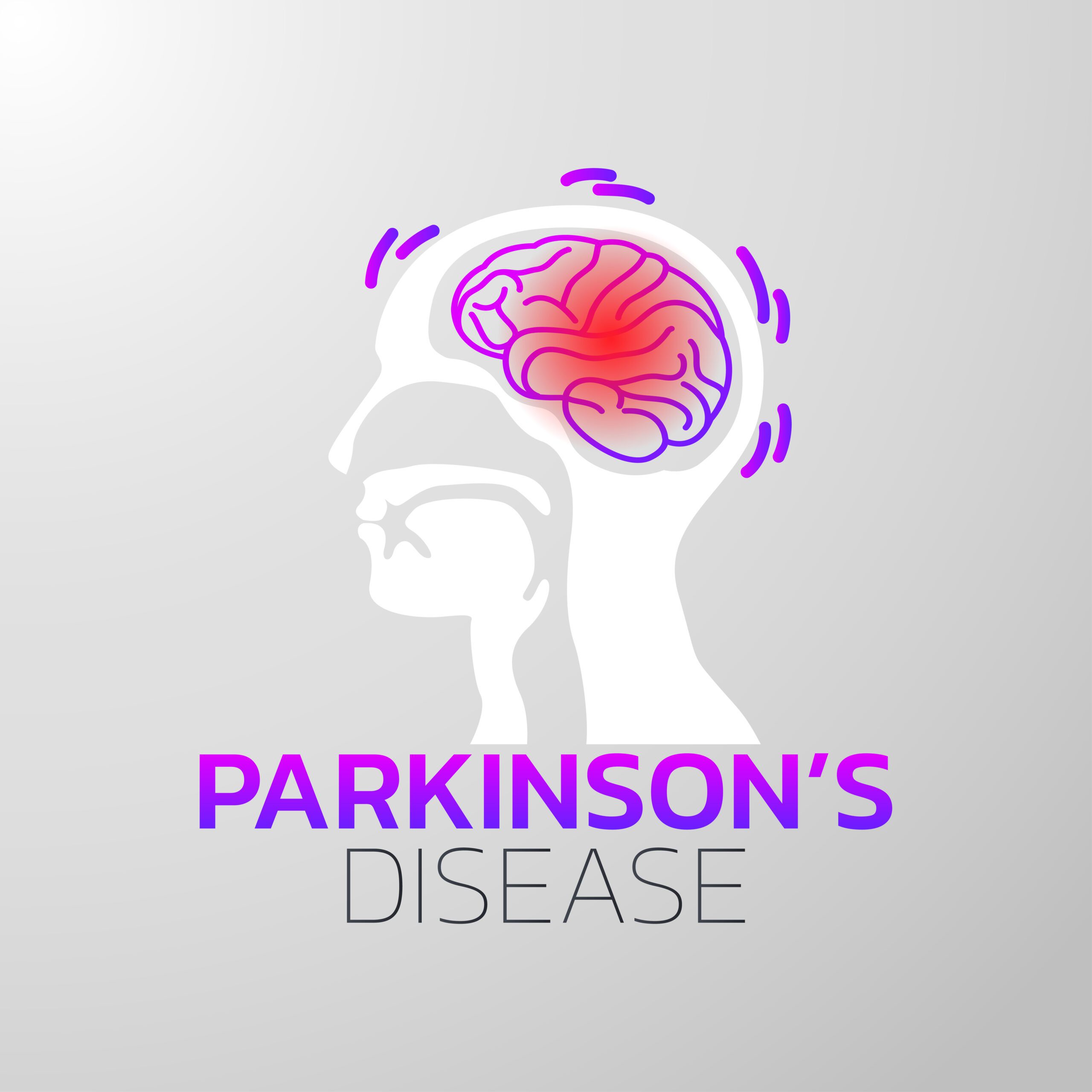The Surprising Link Between Constipation and Parkinson’s
March 25, 2017
 1250
1250 
In a recent study, conducted at the world famous Mayo Clinic in Rochester, Minnesota, researchers have found what they believe to be a link between an increased risk of developing Parkinson’s disease and those who suffer from constipation. The study, conducted by Mayo’s Dr. Walter A. Rocca and colleagues, found that a history of constipation indicated a roughly two times more frequent connection with Parkinson’s disease down the road.
Parkinson’s disease is a serious disorder that causes degenerative brain disease, resulting in body tremors, rigid muscles and difficulty walking, talking and maintaining balance. The disease has numerous effects on the body’s autonomic nervous system, which is the system that control spontaneous body processes such as respiration, heartbeat, salivation, digestion and bowel functioning.
It is know that chronic constipation is a common complaint amongst those who suffer from Parkinson’s disease. Prior studies, like the one done at the Honolulu-Asia Aging Study, found the men who reported less frequently occurring bowel movements were at significantly higher risk for developing Parkinson’s disease over a 24 year period than those who men who were able to report more frequent bowel movements.
With these studies in mind, Rocca and his team looked at more than 35 years of medical records for residents of Olmstead County, Minnesota. In looking through those records, they compared the history of constipation in 196 men and women who developed Parkinson’s disease. The average age for the onset of the disease for age 71. The study also looked at the medical records of 196 men and women of the same ages who did not have Parkinson’s disease.
About 36 percent of the people with Parkinson’s disease also had a history of constipation, as compared to only about 20 percent of the people in the control group, which is statistically a very significant difference. The study factored in other considerations as well, including smoking, coffee-intake, drugs that will cause constipation and constipation during the 19 years leading up to the onset of Parkinson’s disease. After allowing for these factors, the Parkinson’s disease patients were about twice as likely to have a history of constipation as compared to the control group.
The researchers say that the findings of the study suggest that constipation might be an early indicator, or manifestation, of the neurodegenerative process that underlies Parkinson’s disease. That said, the researchers acknowledged that constipation has many underlying causes and that many of those have no connection to any related nervous system function. Researchers say both that further studies are required to learn more about the subject, and that the findings are not suggestive of a need for a change in how people treat and deal with chronic constipation. The researchers said that those with constipation should continue to identify and treat the causes associated with the disorder.

A new study suggests that a widely used sugar substitute found in diet sodas, chewing gum, and low-sugar yogurt may elevate insulin levels. This could increase the long-term risk of heart disease. “Artificial sweeteners have infiltrated nearly all types of food, making it crucial to understand their long-term health effects,” said Yihai Cao, senior author […]

Diet Coke has long been a fan-favorite among soda lovers who want a fizzy, guilt-free alternative to traditional soft drinks. While its zero-calorie, zero-sugar label makes it seem like a healthier option, the reality is far more concerning. Despite its undeniable popularity, Diet Coke’s nutritional profile has raised red flags among health experts for years. […]

New study shows that embracing an anti-inflammatory, plant-forward diet can support cognitive function and help reduce the risk of dementia. What You Eat Shapes Your Brain The food you eat doesn’t just impact your body—it also affects your brain. Research suggests that eating an anti-inflammatory, plant-based diet can help improve memory, focus, and overall brain […]